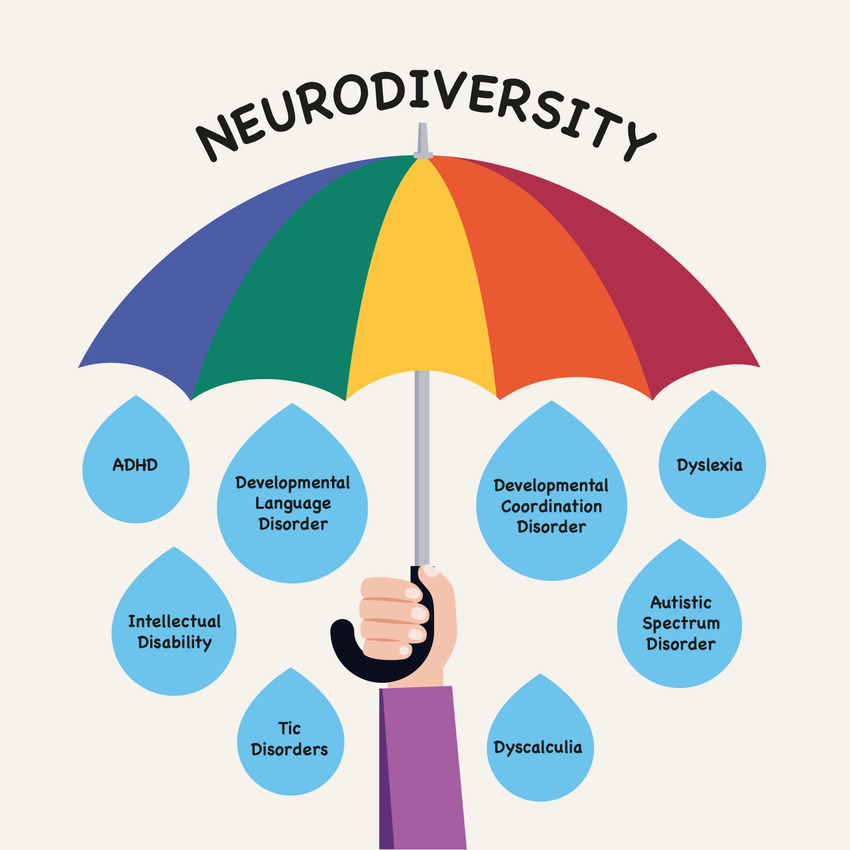Autism
Autism is a lifelong, neurodevelopmental condition. Autistic people have differences with the way they socialise and communicate with others, often experiencing the world in their own way. They learn differently and may have sensory sensitivities. At Evolve, we offer assessments of autism through the Assessment of Need Pathway with the HSE.
Signs of autism
Common autism signs and traits
While every person with autism may present differently, there are a few things which may signify autism, these include:
Differences with social interaction and communication
Differences in use of eye contact and body language
Strong need for routine and distress with change
Unusual collections and particular interests
Challenges in expressing and reading emotions
Challenges in developing and maintaining relationships
Repetitive language or movement
Sensory preferences

About autism and neurodiversity
Autistic people have differences in the way they socialise, communicate with others, and the manner in which they are able to experience the world around them. They learn differently and may have sensory sensitivities or preferences.
Children with autism might play in ways that their peers do not, or they may have very specific interests or passions. Autism it is a lifelong condition. Having it does not mean that your child has an intellectual or learning disability, although it is possible that some children with autism have both. An intellectual or learning disability means having challenges with cognitive functions, such as learning, problem-solving and judgement.

Types of autism
You may have heard of autism being referred to as ‘Asperger’s Syndrome’ or heard people being referred to as ‘high functioning’, if they are autistic but do not have an intellectual disability. You may have also heard autism being rated as either ‘severe’ or ‘mild’.
Severity rating is not very meaningful because it often depends on the situation the person is in; the impact of a neurodevelopmental condition can vary over time and the impact of a condition is very subjective – what might feel very impactful for one person, may be different to another. Functioning relates to how the person is impacted in the why they manage independence, social interactions and their work.
Neurodiversity
You may also have heard of some other terms including ‘neurodevelopmental condition’, ‘neurodiversity’, ‘neurodivergent’ and ‘neurotypical’. Neurodiversity describes how all our brains are different. We are all part of neurodiversity. Neurotypical refers to the majority of people, whose brains work in largely similar ways to one another.
Neurodevelopmental condition refers to specific patterns of difference in the way someone’s brain develops, such as ADHD, autism, developmental language disorder. Neurodivergence is an ‘umbrella’ term for a range of neurodevelopmental conditions.
There is no one list of neurodevelopmental conditions but neurodivergence often includes:

What to expect from an assessment with us
We want to make the assessment process as smooth as possible for you and your child. Below we have information to help you and your child prepare for their assessment.



